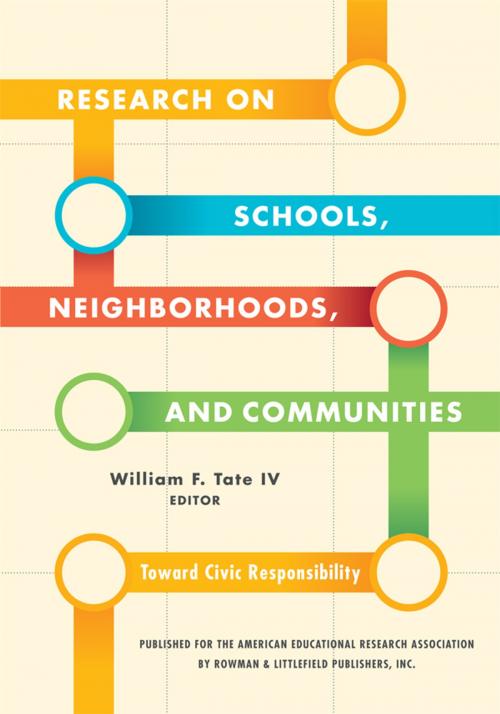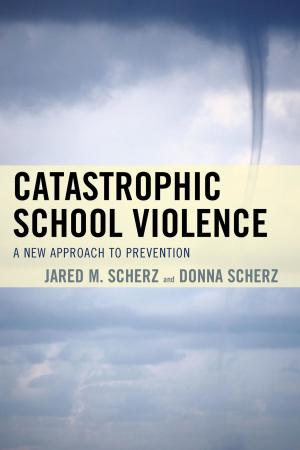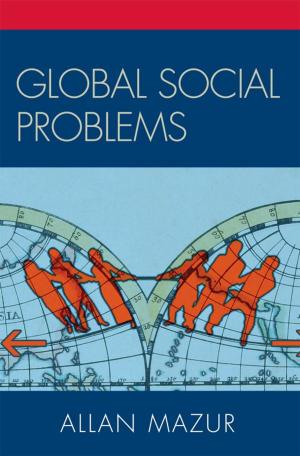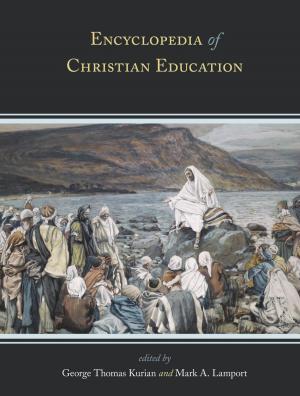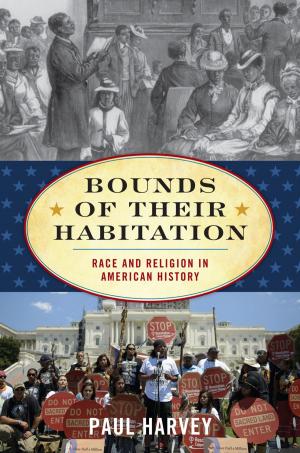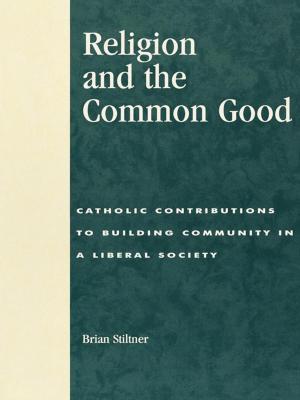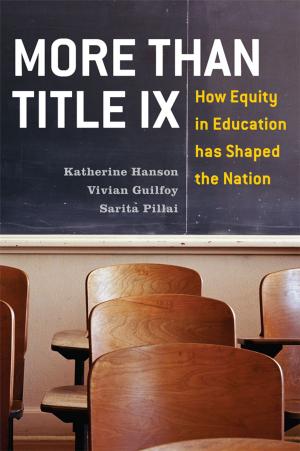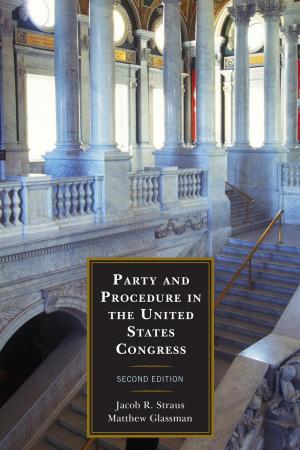Research on Schools, Neighborhoods and Communities
Toward Civic Responsibility
Nonfiction, Reference & Language, Education & Teaching, Educational Theory, Evaluation, Multicultural EducationResearch on Schools, Neighborhoods, and Communities: Toward Civic Responsibility focuses on research and theoretical developments related to the role of geography in education, human development, and health. William F. Tate IV, the Edward Mallinckrodt Distinguished University Professor in Arts & Sciences at Washington University in St. Louis and former President of the American Educational Research Association, presents a collection of chapters from across disciplines to further understand the strengths of and problems in our communities. Today, many research literatures—e.g., health, housing, transportation, and education—focus on civic progress, yet rarely are there efforts to interrelate these literatures to better understand urgent problems and promising possibilities in education, wherein social context is central. In this volume, social context—in particular, the unequal opportunities that result from geography—is integral to the arguments, analyses, and case studies presented. Written by more than 40 educational scholars from top universities across the nation, the research presented in this volume provides historical, moral, and scientifically based arguments with the potential to inform understandings of civic problems associated with education, youth, and families, and to guide the actions of responsible citizens and institutions dedicated to advancing the public good.
Research on Schools, Neighborhoods, and Communities: Toward Civic Responsibility focuses on research and theoretical developments related to the role of geography in education, human development, and health. William F. Tate IV, the Edward Mallinckrodt Distinguished University Professor in Arts & Sciences at Washington University in St. Louis and former President of the American Educational Research Association, presents a collection of chapters from across disciplines to further understand the strengths of and problems in our communities. Today, many research literatures—e.g., health, housing, transportation, and education—focus on civic progress, yet rarely are there efforts to interrelate these literatures to better understand urgent problems and promising possibilities in education, wherein social context is central. In this volume, social context—in particular, the unequal opportunities that result from geography—is integral to the arguments, analyses, and case studies presented. Written by more than 40 educational scholars from top universities across the nation, the research presented in this volume provides historical, moral, and scientifically based arguments with the potential to inform understandings of civic problems associated with education, youth, and families, and to guide the actions of responsible citizens and institutions dedicated to advancing the public good.
